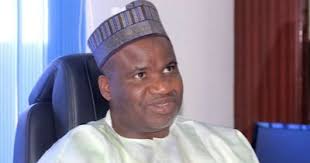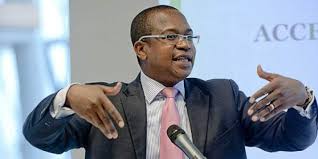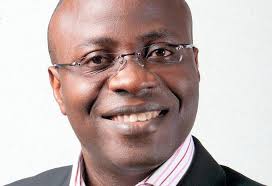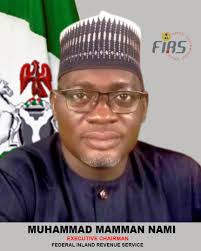Encouraged by the enormous but untapped opportunities in Nigeria’s solid minerals sector, some foreign investors on Tuesday urged Nigerian banks to provide more credit to the mining sector with a view to opening it up for huge local and foreign investments.
The Minister of State, Ministry of Mines and Steel Development, Abubakar Bwari, gave hint on the position of the foreign investors while declaring open the first edition of the Nigeria Metallurgical Industry Stakeholders’ Forum (MISF) held in Abuja.
Bwari , in his opening remarks at the forum with the theme ‘Nigeria’s Economic and Industrial Development Through Value Addition in the Metal Sector.’ explained that the foreign investors made the appeal in Australia at a mining forum where they complained about Nigerian banks’ non- commitment to the sector.
The minister said: “At the Nigeria’s round table forum, most of the investors from Australia had one complaint that had to do with our investors and not the foreign investors. They said that the Nigerian banks were not ready to fund mining and know little or nothing about mining.
“So the ball is in our court, as stakeholders, to bring mining before the banks so that the Nigerian banks can be educated on what it is about”, he added.
Bwari also noted that the effort will also highlight some of the challenges that have to do with mining and the way out.
According to him, there is a growing need for Nigerian banks to show more funding commitment in view of the attention being given the sector by the government in furtherance of its agenda of diversifying the economy.
The minister, who hinted that modern mining would soon commence in Nigeria with Bauchi state being the first beneficiary because of its large deposit of zinc, pointed out that the metal industry had a great impact on other sectors of the economy in addition to its foreign exchange earnings potential.
He promised that the stakeholders’ forum would be organised periodically to proffer solutions to the challenges of the metal sector and educate the metallurgical operators on the government’s policy direction.
Bwari, who lamented the crisis in the nation’s metallurgical and allied industries with most established plants now in state of comatose, identified lack of effective government policies to guide and regulate the activities of operators in the sector and lack of commitment by persons assigned to run public enterprises as some of the sub-sector’s challenges.
Others constraints he listed as mitigating the growth of the sub-sector are, corruption and economic sabotage by Nigerians, unfavourable and sometimes inconsistent fiscal policies and inadequate and expensive power supply with the attendant danger of power generating sets.
Earlier in his address of welcome, Permanent Secretary in the ministry, Dr. Abdulkadir Mua’zu, restated the commitment of the present administration to create an enabling environment for metallurgical operators to thrive.
He said that this had become imperative in view of the growing need to create jobs, create wealth and reduce poverty level in the country.
Mua’zu noted that to achieve its goals, the ministry had articulated some strategies and activities, including ensuring Presidential assent to the Nigerian Metallurgical Industrial Bill which has passed the second reading at the floor of the Senate and collaboration with all relevant government agencies, for the development of the metallurgical sector.
In addition, he disclosed that the ministry was liaising with the Nigeria Customs Service (NCS) towards curbing incessant dumping of substandard steel and other metal products in Nigeria and export of banned scrap metals.
In his remarks, Chairman, House Committee on Steel and Metallurgy, Lawal Idrisu, said that as a nation, there was the need to encourage operators in the industry by way of incentives through creation of special funds.
The lawmaker said: “Availability of funds cannot be over-emphasised and this is because accessing these funds for investments is very important. For example, the lowest cost of interest rate of less than five per cent will invariably boost investment in this sector.
“I therefore implore our policy makers to look into this as we in the parliament will be able to support this kind of gesture with legislation. We look beyond ourselves and focus our attention on the multiplier effects of what this policy will bring to the economy”, he added.




